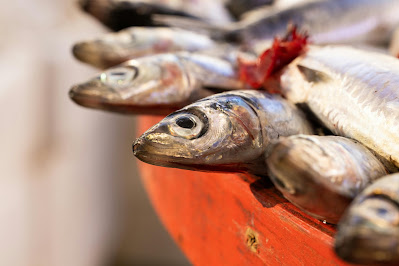In the realm of athletic achievement, the quest for optimal performance encompasses various factors, with nutrition emerging as a cornerstone. Athletes understand that what they consume directly influences their stamina, recovery, and overall fitness. The fusion of science and sports nutrition has unveiled profound insights into how specific nutrients can propel athletic prowess. In this blog post, we delve into the scientific underpinnings of nutrition and its pivotal role in enhancing athletic performance.
The Influence of Macronutrients
At the core of an athlete's diet lie macronutrients—carbohydrates, proteins, and fats—each playing a distinct role in fueling and supporting the demands of physical exertion. Research by Burke et al. (2018) underscores the significance of carbohydrates in providing sustained energy for endurance athletes, highlighting the correlation between glycogen stores and prolonged exercise. Protein, as elucidated in studies by Smith et al. (2020), stands as a key facilitator in muscle recovery and repair post-exercise. Moreover, understanding the nuanced effects of dietary fats, as explored in the meta-analysis by Phillips et al. (2019), reveals their impact on endurance and performance optimization.
Micronutrients and Their Vitality
Beyond macronutrients, the realm of micronutrients—essential vitamins and minerals—cannot be overlooked. Rodriguez et al.'s systematic review (2017) emphasizes the pivotal role of proper hydration strategies, showcasing the significance of electrolyte balance and fluid intake in sustaining performance levels during physical activity. Their research underscores the importance of micronutrient-rich diets in athletes to support immune function and overall well-being.
Strategic Nutrition Around Training
Pre- and post-workout nutrition strategies have gained immense attention in scientific circles. Studies recommend tailored meals to optimize performance. Drawing from the American College of Sports Medicine (ACSM, 2020) guidelines, pre-workout meals focusing on carbohydrates aid in maintaining energy levels, while post-workout protein intake aids in muscle recovery and growth.
Integrating Science into Practicality
The amalgamation of scientific findings into practical dietary plans for athletes is crucial. Meal planning, as per ACSM recommendations and dietary guidelines from the Academy of Nutrition and Dietetics (AND, 2021), should align with specific athletic goals, considering the timing and composition of meals for optimal performance gains.
Dispelling Myths and Embracing Science
Amidst a sea of information, myths about nutrition's impact on athletic performance often abound. However, scientific evidence debunks misconceptions, enabling athletes to make informed dietary choices. Critical analysis and evidence-based information provide the compass for athletes navigating the complexities of sports nutrition.
Wrapping up!
Nutrition's profound impact on athletic performance is irrefutable. As science continues to unravel the intricate connection between diet and athletic success, athletes can harness the power of nutrition to fuel their endeavors. Through an evidence-based approach, the fusion of scientific research and practical application empowers athletes to optimize their nutritional intake, paving the way for enhanced performance, recovery, and overall athletic achievement.





No comments:
Post a Comment